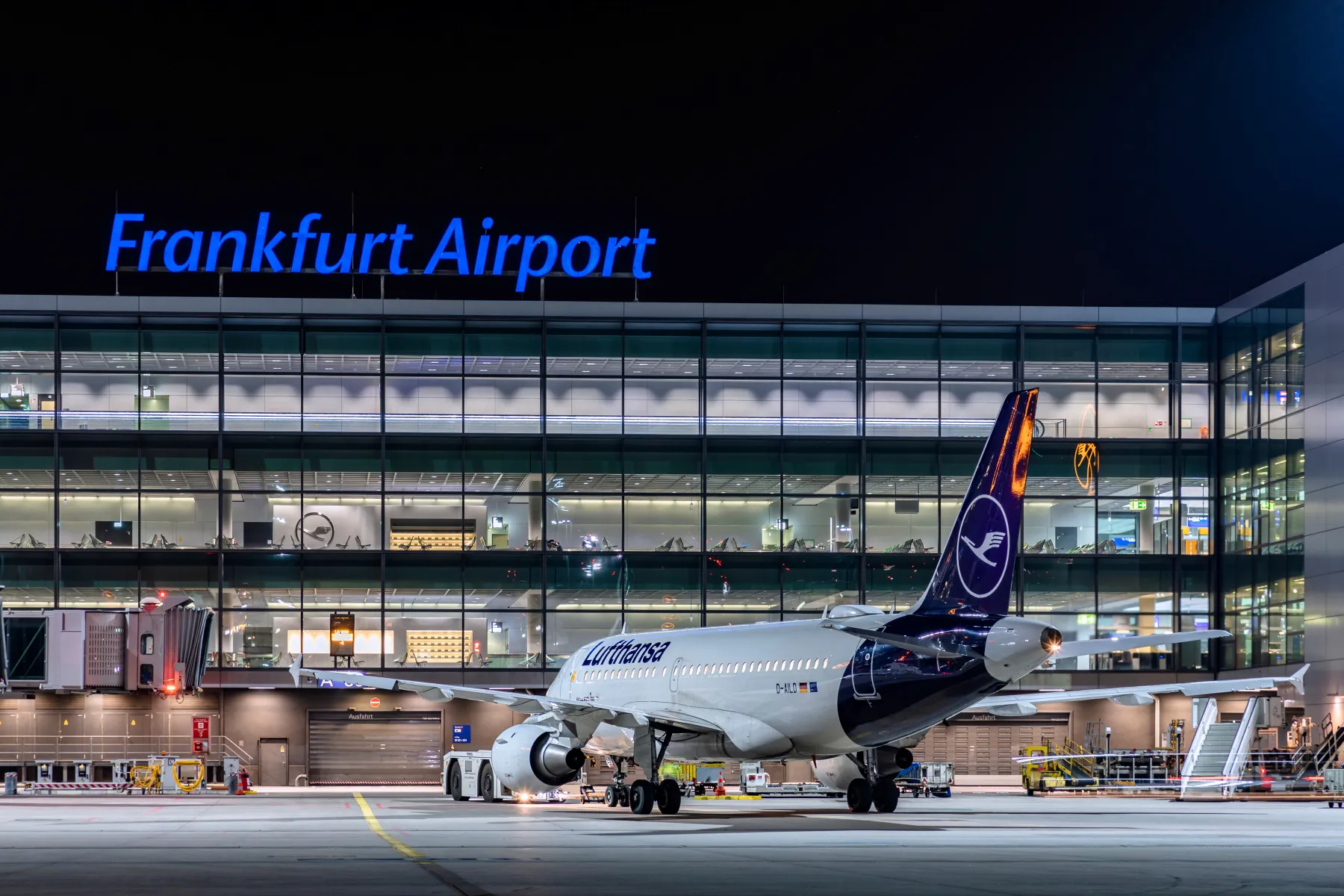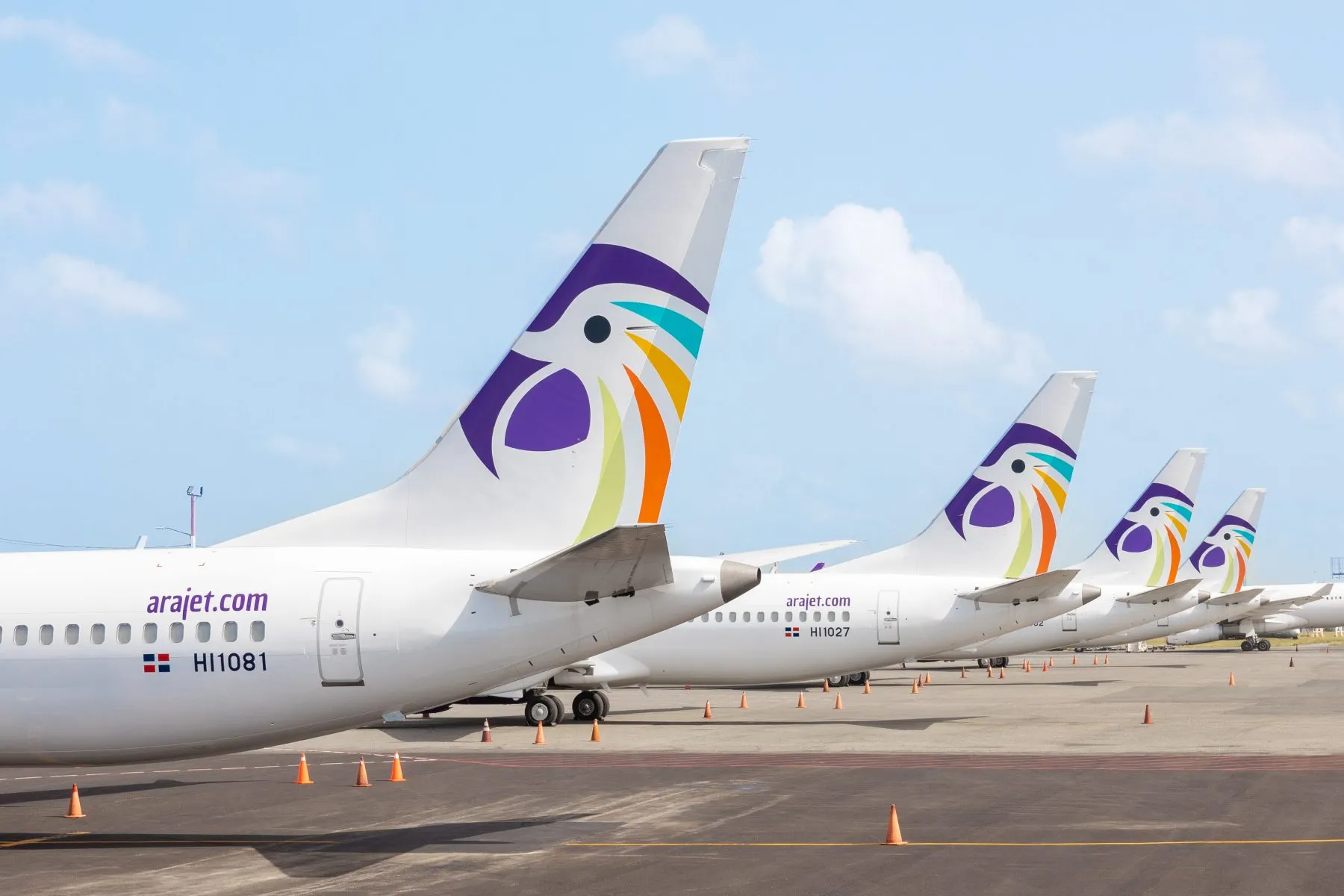HomeAway to Hike Rates for Rental Owners Despite Talk of Blowback

Skift Take
Despite some opposition, HomeAway will level a big fee hike next month for property owners who opt to make flat subscription payment instead of opting to shell out a commission when a vacation rental gets booked.
Beginning January 12, HomeAway will increase the subscription cost that U.S. property owners pay to list on its platform. The cost will rise 25 percent to $499 annually per listing.
Airbnb wasted no time and conducted a media call Monday, arguing that HomeAway's fee represents an opportunity for it to pick up some customers.
Late last week, word spread about the subscription fee increase when the company began to email property owners who are up for renewal about the new terms. VRMIntel first reported on the emails.
The cost hike comes less than a year after HomeAway last boosted its subscription and bookings fees for property owners.
There have been rumors that HomeAway would like to kill its subscription plan by next summer as it tilts toward a transaction, or pay per booking, model.
But the company said Monday it is committed to maintaining the subscription model. Bill Furlong, vice president and general manager of HomeAway, said in an interview that the company "had no intention" of dropping its subscription product.
"We are not moving to pay-per-booking to our whole market," said Furlong. Pay-per-booking listings require a commission of 8 percent each time a guest books a property.
HomeAway has said that owners who don’t rent out their properties much, such as for less than $10,000 in revenue a year, are often best with paying a percentage-based commission. But professional managers who earn much more a year may benefit from a subscription-based model.
A spokesperson added, "For owners and property managers who earn a significant amount of vacation rental revenue, the math favors the subscription model over pay-per-booking by providing greater return-on-investment. HomeAway offers both because we want to provide flexibility and good value for owners and property managers."
The company said there were currently no changes to the service fee and that it is always testing pricing to optimize conversion. Its current range is 5 to 12 percent for most bookings but can be above or below, based on the reservation.
Rivals Look for Share Gains
HomeAway's fee hike sparked talk of an owner backlash against the Expedia-owned company, which has numerous vacation rental brands, such as VRBO, VacationRentals.com and Stayz.
Airbnb may be cheaper to use for property owners in some circumstances. Its host service fee ranges between 3 and 5 percent, depending on the cancellation policy selected by the host.
In a call with reporters on Monday, Airbnb head of policy Chris Lehane said HomeAway's decision to raise fees and add costs differs from its own course.
"We want to create models where we're aligned with the economic interests of our hosts across the board," Lehane said. He added that Airbnb sees a "tremendous opportunity" with "significant upside" to try lure away homeowners of bed-and-breakfasts and boutique whole-home properties to its booking website and mobile app.
TripAdvisor had no comment on HomeAway's move. But a spokesperson noted that the company had no plans to change its decision of two years ago to cut its fee for property managers to 3 percent — a model used by the majority of its property manager clients.
While Booking.com does not publicly disclose the amount of the commissions it charges, experts say it charges roughly 15 to 18 percent commission to owners, but levels no fee for guests.
Booking.com has dramatically scaled up its vacation property inventory in the past two years. But demand for the company's inventory in the U.S. remains behind that of its competitors.
Cutting Back on Owner Side Hustles
On Monday, HomeAway also previewed a new charge that would affect what it said was "quite a small subset" of its listings.
When a traveler requests a booking on HomeAway, property managers at times attempt to close the booking off the platform. Most reservation tools that are integrated with HomeAway's systems can see this, and will now charge the owners a 10 percent fee per booking that doesn't get completed via its platform.
The fee is to meant to discourage property managers from picking up leads via HomeAway and then turning them into direct bookings off the platform.
To encourage property owners to comply, HomeAway counts bookings made through its platform toward search visibility on its site and app, which can, in turn, encourage more future bookings.
One context for understanding this move is to recall a long-standing debate between HomeAway and subscription customers about whether gross bookings per property are down after the company introduced a fee for guests in 2016.
Many property managers say their bookings and inquiries from HomeAway have significantly dropped.
HomeAway has argued that overall bookings per property are up, but travelers are taking those reservations off its platform to avoid the guest fee.
"Without access to off-platform booking data, HomeAway is forced to base their argument on projections and anecdotal insights," said S. Philip Kennard, CEO of Futurestay, a management automation platform for vacation rentals.
"By forcing attribution of off-platform bookings, HomeAway is smartly positioning to provide additional, if painful, validation that they are in fact still driving a high volume of bookings, despite frustrations around the traveler fee," Kennard said.
Some managers are particularly concerned that HomeAway will define "off platform bookings" as including reservations that are processed through another third-party. In online forums, owners are worrying about scenarios in which a customer queries them through HomeAway but ends up booking through another company, such as Booking.com.
If the owners use a channel manager that also charges a fee, the total could be up to 37 percent in fees after HomeAway adds 10 percent.
Is HomeAway Snooping?
Many property managers will wonder how HomeAway knows that they’ve made bookings off of its platform. The answer is that the manager must either be using software HomeAway owns or that is integrated in a way that shares the manager’s guest data with HomeAway. The company is pulling and matching guest email addresses.
To avoid that problem, owners might need to use software that doesn’t share their guest data with HomeAway or other platform companies that might similarly snoop.
For example, LiveRez is a popular vacation rental management software provider. In early January, LiveRez plans to add a HomeAway connection, via the channel manager NextPax, that will not share guest data, including emails about bookings done off-platform, said Tina Upson, COO of LiveRez.
Another property management software company, Streamline, said that an owner chooses which units are connected with HomeAway and, therefore, shares booking guest reservation data only for bookings made on the HomeAway platform.
It was unclear as of publication time if such blocks on data sharing would matter.
A HomeAway spokesperson not familiar with any specific connection issue said that, in general, if an owner or manager opts for a third-party system instead of one that ties into HomeAway to manage bookings, the guest leads in this path must get booked via HomeAway and there's no option for side deals.
Regardless, it will be interesting to see if HomeAway continues to accept connections like LiveRez's and Streamline's, which deny guest data sharing, longterm. Upson said LiveRez already connects with Airbnb, which agreed not to require data sharing as a condition for allowing a connection.
A property manager said anonymously that HomeAway has been requiring clients to provide them a feed into their guest database via its ISILink software, a tool previously touted as a way to streamline guest invoices and other processes. The company uses the link to scour bookings for email addresses that have been registered in their system within the last three months or so.
HomeAway is just one of many online travel companies offering tools for operators. But the companies need to manage perceptions that they keep owner data sacrosanct to maintain trust.
Owner Resistance?
HomeAway's moves sparked talk of an owner backlash.
Many mid-size property management companies may be tempted to scale back their participation in HomeAway and look at more cost-effective options, primarily Airbnb and Booking.com, said Vince Perez, founder of Fetch My Guest, a booking site that connects travelers with professional vacation rental managers.
RedAwning, a vendor that provides branding and technology for professional property managers, said it is already seeing more property managers shift their HomeAway ads to its tool. Vice president of sales Dustin Warr said, "The Billboard Effect has always been a powerful selling point for online travel agencies in getting more supply and this concept is being completely eliminated."
"The sentiment amongst managers is that HomeAway wants to increasingly take over their relationship with customers," said Stephan Osmont, CEO at Orbirental, a company that sells booking engines to vacation rental managers for their websites. "This started with HomeAway’s change to withhold contact details and extends to eliminating custom branding for their iOS guestbook communications app."
But Carlos Corzo, CEO of Streamline, said, "I honestly think that HomeAway has such a stronghold in large markets that this 25 percent fee increase will be broadly accepted by the market because many simply cannot afford to be out of it."





